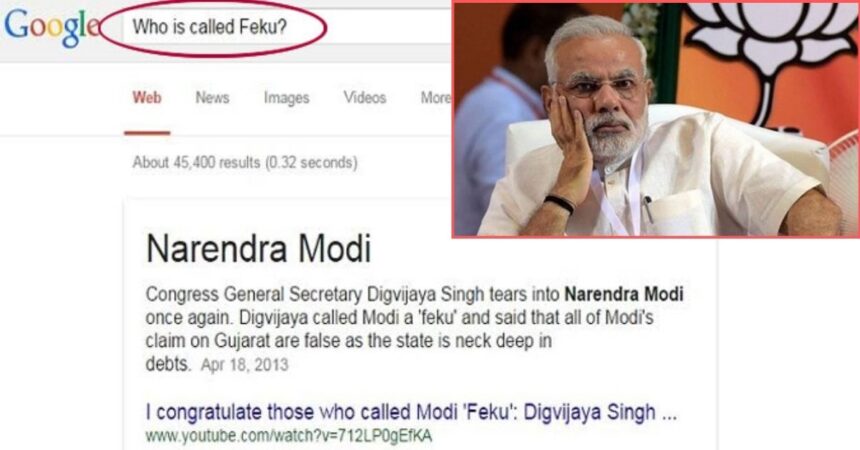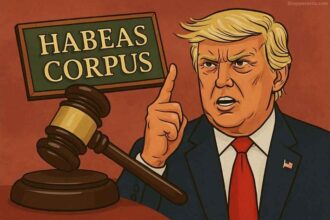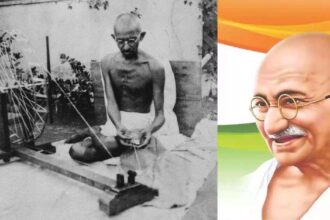The term “Feku” has become strongly associated with Prime Minister Narendra Modi in recent years, often used in a derogatory way by his critics. But how did this come about and what exactly does it imply about the leader? This article will explore the meaning behind the “Feku” jibe and analyze why Modi seems to have become its prime target.
What Does ‘Feku’ Mean and When Did it Originate?
“Feku” is a colloquial Hindi word that translates loosely to “braggart” or “one who makes false claims”. It implies that someone exaggerates their achievements and embellishes the truth about themselves.
The word has been around in the Indian lexicon for a while but really gained prominence after the 2014 general elections when Congress leader Digvijaya Singh used it to criticize and mock Narendra Modi.
How Congress Popularized ‘Feku No 1’ as a Taunt Against Modi
Digvijaya Singh consistently referred to Modi as “Feku No. 1” in the run-up to the 2014 polls, accusing him of making lofty but false promises and claims about Gujarat’s development as chief minister.
He also called out Modi for historical gaffes, like incorrectly referring to Chandragupta as a king of the Gupta Empire rather than the Maurya Dynasty. Pointing to such errors, Singh suggested Modi lacked even basic historical knowledge taught in 12th grade. Also Read: Is Periyar Married to His Own Daughter? Know the Truth
The Congress leader kept up his “Feku” barbs after BJP’s victory as well. In 2015, he claimed to have a list of 300 lies Modi had allegedly peddled as PM.
Google Search Results Link ‘Feku’ to Modi
Digvijaya Singh’s jibes seem to have stuck in public imagination. Around the same time, Google search results for “Feku” began showing Narendra Modi’s name and image.
This association has only grown stronger over the years. Today, Modi dominates the first page for “Feku” or “Number 1 Feku of India” search results across text, images and videos. Needless to say, seeing their PM defined in such derogatory terms caused embarrassment and outrage among BJP supporters.
But Why Has Modi Been Targeted by Calling as ‘Feku Number 1’?
Grandiose promises: Critics accuse Modi of overpromising in campaigns – like creating 10 million jobs per year or bringing back black money stashed abroad. But he has arguably fallen short on delivering many such eye-catching claims made during 2014 campaigning.
PR blitz: Modi is seen as a master of perception management. He puts great emphasis on PR and optics – for instance, marking 100 days in office with a big Madison Square Garden event. To critics, this is more hype than substance.
Exaggerated achievements: Opponents allege Modi exaggerates or even outright lies about his achievements, like mistakenly claiming the UN had declared June 21 International Yoga Day before it had actually happened. Also Read: Is Nishikant Dubey Married To His Own Sister? Real or Fake?
Mode of speaking: Modi’s punchy oratory style, use of rhetoric and penchant for sloganeering makes it easy to portray him as a “feku” making bombastic claims.
Criticism as falsehood: Modi has branded critical media coverage and accusations of things like rising intolerance under his watch as malicious false propaganda, making it easier to paint him as suppressing truth.
Has the ‘Feku’ Tag Damaged Modi’s Carefully Cultivated Image?
Modi has worked hard to build a strongman image of a bold, visionary leader who gets things done. But the “feku” barb punctures this self-made myth and instead portrays him as a dishonest braggart.
While the label originated with Congress attacks, it has now become part of everyday slang. Modi’s “feku” persona is found everywhere across opposition literature, memes, social media jokes and WhatsApp forwards.
What Does the Future Hold for the ‘Feku No 1’ Tag Ahead of 2024 Elections in India?
As Modi seeks a third term, we can expect the “feku” jibes to only grow louder. Opposition will step up efforts to firmly entrench this negative perception ahead of polls.
They will likely point aggressively to Modi’s unfulfilled vows, especially on the economy and jobs, to back up the “feku” narrative. Memes and online jokes amplifying the tag can also be expected to proliferate. Also Read: Here’s Why Mahatma Gandhi Called The Father of The Nation
As Modi lays out his vision and plans for India leading up to 2024, his proven ability to deliver results and future-oriented approach are still strong suits. While the opposition may amplify outdated “Feku” criticisms, Modi has made it amply clear through hard work and outcomes that he is committed to fulfilling promises that uplift the nation.
Having withstood shallow attacks in the past, he is unlikely to lose sight of the big picture and will continue working on initiatives that make a real difference on the ground. The “Feku No 1” tag seems ineffective against the foundation of good governance and nation-building the PM has laid.
Conclusion
- “Feku” implies one who makes false boasts and exaggerates claims
- Digvijaya Singh popularized it against Modi from 2014 onward
- Google searches now associate “Feku” primarily with Modi
- Critics use it to puncture Modi’s strong, visionary image
- It attacks him over unfulfilled promises and exaggerated achievements
- It may become a huge hindrance as Modi seeks a third term in 2024
In conclusion, the “Feku” jibe threatens to seriously damage Brand Modi. It undercuts his defining image of a bold development messiah and replaces it with one of an over-promising braggart. As Modi eyes 2024 polls, getting rid of this negative tag poses a major image challenge.
Frequently Asked Questions (FAQs)
1. Who is Feku No 1 in India?
Narendra Modi is most commonly referred to as Feku No. 1 in India by his critics and opposition parties. The term “Feku” implies someone who makes false claims and exaggerates achievements. Modi’s opponents use this moniker to allege that he makes tall promises but does not deliver on them.
2. Why is Modi Called Feku Number 1?
Modi is called Feku number 1 because of his perceived tendency to make grandiose claims and statements that critics view as hyperbolic or misleading. This includes overpromising on job creation, economic growth, and bringing back black money during his 2014 campaign. His opponents also accuse him of exaggerating his governance record in Gujarat as CM.
3. When Did the Feku Jibe Against Modi Originate?
The term was popularized starting 2014 by Congress leader Digvijaya Singh, who consistently referred to Modi as “Number 1 Feku” in the run-up to general elections that year. Singh accused Modi of falsely taking credit for Gujarat’s growth and development.
4. Why Does Google Associate Feku with Modi?
Ever since Digvijaya Singh began using the Feku barb against Modi, Google search results for the term started showing Modi’s name and image prominently. Today, Modi dominates the first page of search results for “Feku” across text, images and videos.
































